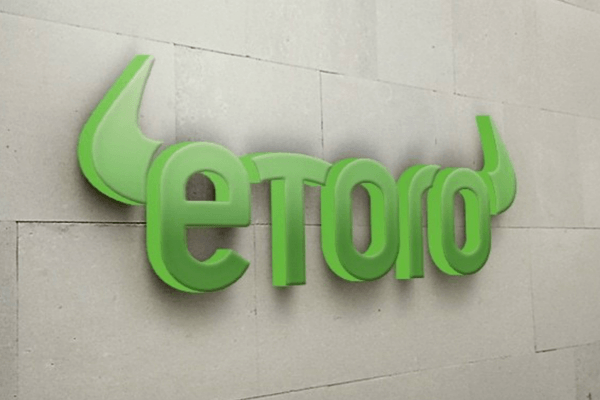A group of attorneys and developers argued in a California court on Monday that decentralized autonomous organizations (DAOs) — groups that frequently manage operations by voting with the aid of crypto tokens — are not actual people, and therefore should not be classified as such.
LeXpunK Army argued that the federal regulatory agency should be obligated to identify and represent any individuals it believes have broken federal law, rather than the DAO as a whole, in the Commodity Futures Trading Commission’s (CFTC) ongoing lawsuit against Ooki DAO. The group was granted permission to file a “friend of the court” brief.
The CFTC sued Ooki DAO last month on the grounds that it was an unregistered association while also reaching a settlement with bZeroX, the DAO’s forerunner centralized business, and its founders Tom Bean and Kyle Kistner.
A week ago, CFTC Chair Rostin Behnam referred to Ooki DAO’s actions as so “egregious” that the agency was compelled to file charges. These actions included marketing the same illegal products bZeroX had provided without registering or running a know-your-customer program.
The group asked the court for approval to put the case on a public forum and use a support bot to represent the entire DAO at once. This motion was initially authorized by Judge William Orrick of the Northern District of California until he responded to two requests from LeXpunK and the DeFi Education Fund for permission to file amicus briefs — referring to their request to join the case. Along with its application to join, DEF prepared an amicus brief, which the judge later approved. LeXpunK had until Monday night to submit its own amicus brief.
In there, the group makes the case that the federal regulations of the Commodity Exchange Act, not from any state factors, should be used to determine whether a DAO is an unincorporated entity.
The lawsuit also expresses concern that it might be impractical for anyone to dispute the decision since serving a DAO, which the brief claims should be considered as software, not as an ‘individual’ or ‘person’.
According to the lawyers, allowing the default action would enable the CFTC to essentially impose a regulation without following the Administrative Procedures Act.
The brief states the CFTC still has precedent it can use to support its decision to sue those it thinks infringed the law.
The CFTC is expected to respond back to the DEF and LeXpunK — latest by November 7. The CFTC will then have one more week to address any concerns expressed by the amici parties before all parties convene in court on November 30 to resolve the issues.



